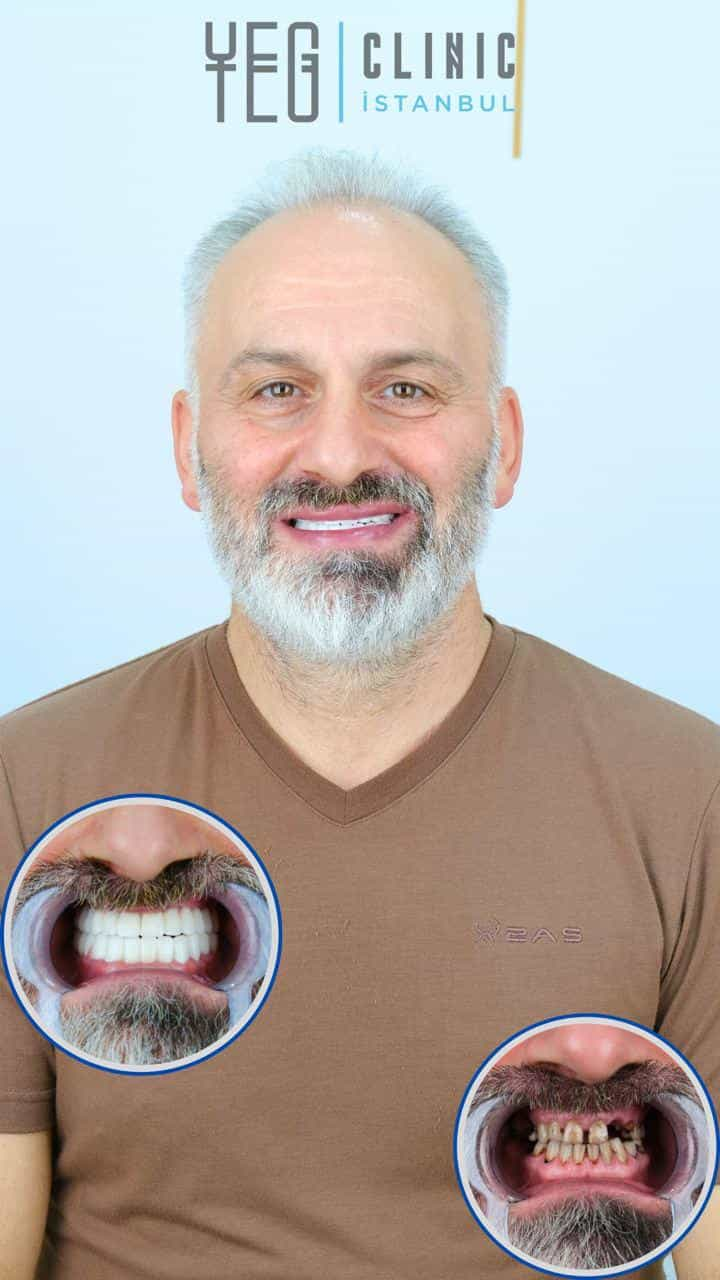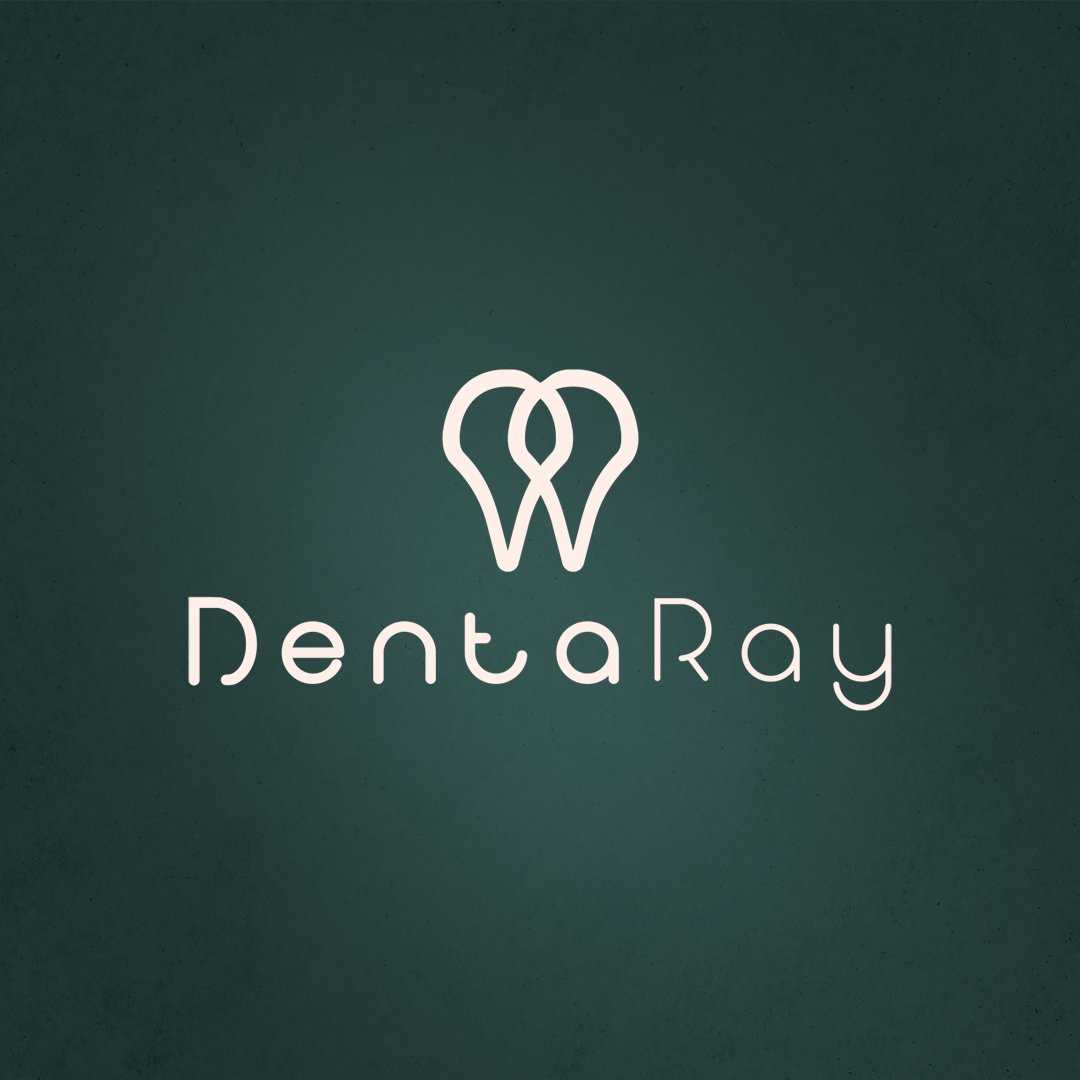Grinding Down to the Truth: The Real Dangers of Turkey Teeth
"The problems with 'Turkey Teeth' for UK Patients often stem from overly aggressive and unnecessary dental work, leading to severe pain, infections, and long-term damage that can be costly to fix."
The "Turkey Teeth" trend has exploded on social media, showcasing dramatic smile transformations at a fraction of the cost in the UK, Germany or USA. While many have positive experiences, a growing number of people are returning home with serious, painful, and expensive complications. The term itself has become synonymous with a specific type of cosmetic dentistry—often a full set of bright white crowns—that can involve highly invasive procedures.
Understanding the potential pitfalls is crucial before considering such a significant medical journey. The issues are not necessarily with all dental work in Turkey, as the country has many excellent clinics. The problems are specifically linked to a model that can prioritize speed and low cost over long-term dental health. This guide breaks down the most common problems and complications associated with the "Turkey Teeth" phenomenon.
What is the main issue with the "Turkey Teeth" procedure for UK patients?
"The primary issue is that healthy teeth are aggressively and unnecessarily filed down to small pegs for dental crowns, when less invasive procedures like veneers would have been appropriate. This causes irreversible damage to a healthy smile."
The most significant and alarming problem is the choice of treatment itself. Many patients go abroad asking for veneers, which are thin shells that cover the front of the tooth, requiring minimal removal of enamel. However, to save time and because it requires less precision, some clinics perform a "crown-prep" on every tooth. This involves shaving down 60-70% of the healthy tooth structure into a small peg or "shark tooth."
This is considered highly unethical by most dental standards if the teeth are healthy. A crown is a restorative procedure meant for a tooth that is already significantly damaged or decayed. Grinding down healthy teeth to this extent permanently weakens them, makes them highly susceptible to future problems, and commits the patient to a lifetime of needing crowns, which will require replacement every 10-15 years.
What are the most common health complications?
"Common complications include severe and persistent pain, nerve damage, chronic tooth sensitivity, and serious infections. These issues arise from aggressive tooth preparation and poorly fitted restorations."
Once healthy teeth are aggressively filed down, a cascade of health issues can follow:
- Nerve Damage and Death: The heat and trauma from the drill can damage or kill the nerve inside the tooth. This can lead to excruciating pain and abscesses, requiring root canal treatment or even extraction of the tooth.
- Severe Infections: If crowns or veneers are not fitted perfectly, they can leave tiny gaps between the restoration and the natural tooth. Saliva, food, and bacteria can seep into these gaps, leading to rapid decay and gum infections under the crown.
- Excruciating Sensitivity: With so much of the protective enamel removed, the underlying dentin is exposed. This can lead to extreme and lasting sensitivity to hot, cold, and even air, making eating and drinking a painful experience.
Why do "Turkey Teeth" often look fake?
"The 'Turkey Teeth' aesthetic often looks unnatural because clinics may use a one-size-fits-all approach, creating overly white, bulky, and uniform teeth that don't match the patient's facial structure or skin tone."
A key part of high-quality cosmetic dentistry is artistry. A skilled cosmetic dentist works to create a smile that is harmonious with the patient’s face, considering factors like lip line, skin tone, and the shape of other facial features. The goal is a beautiful but natural-looking result.
The "Turkey Teeth" look is often criticized for its artificial appearance. This is because some clinics use standardized shapes and shades for all patients to speed up the process. The teeth may be too large for the patient's mouth, too bright, or too symmetrical, resulting in a "piano key" smile that is instantly recognizable as fake. This can be a source of significant regret for patients who were hoping for a subtle enhancement.
Can crowns or veneers from Turkey fall off?
"Yes, it is a common complaint that crowns and veneers fitted as part of a 'Turkey Teeth' package become loose or fall out. This is typically due to a weak bond, poor fitting, or issues with the underlying tooth."
A dental restoration should feel as secure as a natural tooth. When crowns and veneers fall out, it’s a clear sign of a problem. This can happen for several reasons common in rushed dental work. The bonding process may have been compromised, the cement used could be of low quality, or the underlying tooth peg may be too short or weak to provide adequate support.
This is not just an inconvenience; it can be a dental emergency. When a crown falls off, the heavily filed-down and vulnerable tooth peg is exposed. It can be extremely sensitive and is at high risk of fracture or infection until it can be covered again.
What happens if something goes wrong after I get home in UK?
"If complications arise once you are back home in UK, accessing aftercare is extremely difficult and costly. Many local dentists are hesitant to treat issues from overseas work due to the complexity and legal risks involved."
This is one of the most significant drawbacks of dental tourism. Proper dental work often requires follow-up visits for adjustments and to monitor healing. When your clinic is thousands of miles away, this continuity of care is lost.
Furthermore, many dentists in the UK and US are reluctant to take on patients with botched overseas dental work. They are unfamiliar with the materials used, the techniques employed, and are concerned about being held liable for another dentist's mistakes. This can leave patients in a desperate situation, struggling to find someone willing and able to fix the painful and complex problems they are experiencing.
How much does it cost to fix botched "Turkey Teeth"?
"The cost of fixing the damage from 'Turkey Teeth' can be astronomical, often exceeding £20,000-£30,000 and far surpassing the initial cost of the treatment. The initial 'savings' are quickly erased by the expense of remedial work."
Patients are often lured by an initial quote of a few thousand pounds for a full smile makeover. However, the cost of fixing the resulting complications is often 5 to 10 times that amount.
Corrective work is complex and may involve:
- Removing all the poorly fitted crowns.
- Treating infections and performing multiple root canals.
- Placing new, high-quality crowns on every tooth.
- In severe cases, extracting damaged teeth and replacing them with dental implants.
This remedial work is not just a financial burden; it is also a physically and emotionally draining process that can take months or even years to complete.
Are there legal options if my treatment goes wrong?
"Seeking legal recourse for botched dental work performed in Turkey is incredibly challenging for a foreign patient. The legal process is complex, expensive, and falls under the Turkish legal system, offering very little practical protection for tourists."
While you can technically sue for dental malpractice in Turkey, the reality is that it's a difficult, expensive, and often fruitless endeavor for someone living abroad. You would need to hire a Turkish lawyer, gather evidence, and potentially attend court proceedings in Turkey.
This lack of effective legal protection is a major risk. Unlike in the UK, where bodies like the General Dental Council (GDC) regulate dentists and provide a clear complaints process, patients who have had treatment abroad are largely on their own if things go wrong.
What is the psychological impact of a bad "Turkey Teeth" experience?
"Beyond the physical pain, the psychological toll can be devastating. Patients often experience deep regret, anxiety, depression, and a loss of confidence due to chronic pain and dissatisfaction with their appearance."
The dream of a perfect smile can quickly turn into a living nightmare. Patients report feeling self-conscious and embarrassed by their artificial-looking teeth. The constant pain and sensitivity can affect their ability to enjoy food and socialize, leading to a significant decline in their quality of life.
The financial stress of needing extensive repairs, coupled with the feeling of having been misled, can lead to serious mental health challenges. Many online testimonials speak of the profound regret and emotional distress that followed their decision to get "Turkey Teeth."
Ready to explore safe and affordable dental care options with vetted and accredited professionals? Contact PlacidWay today to connect with trusted clinics and receive personalized, no-obligation quotes for your treatment.



.png)




.png)
.png)





.png)


Share this listing